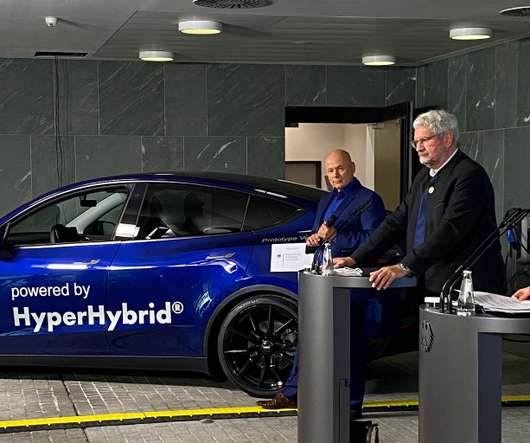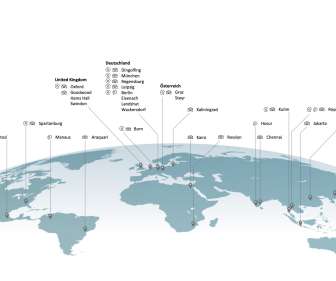Tesla Model Y converted into green hydrogen car to show “Hyper Hybrid” innovations
Teslarati
SEPTEMBER 24, 2021
German Federal Research Minister Anja Karliczek recently unveiled an example of a “hyper hybrid” vehicle powered by synthetic methanol, which is based on “green hydrogen” technologies. But while the idea to produce a climate-friendly car is admirable, the vehicle Germany used for the project was quite questionable.












Let's personalize your content